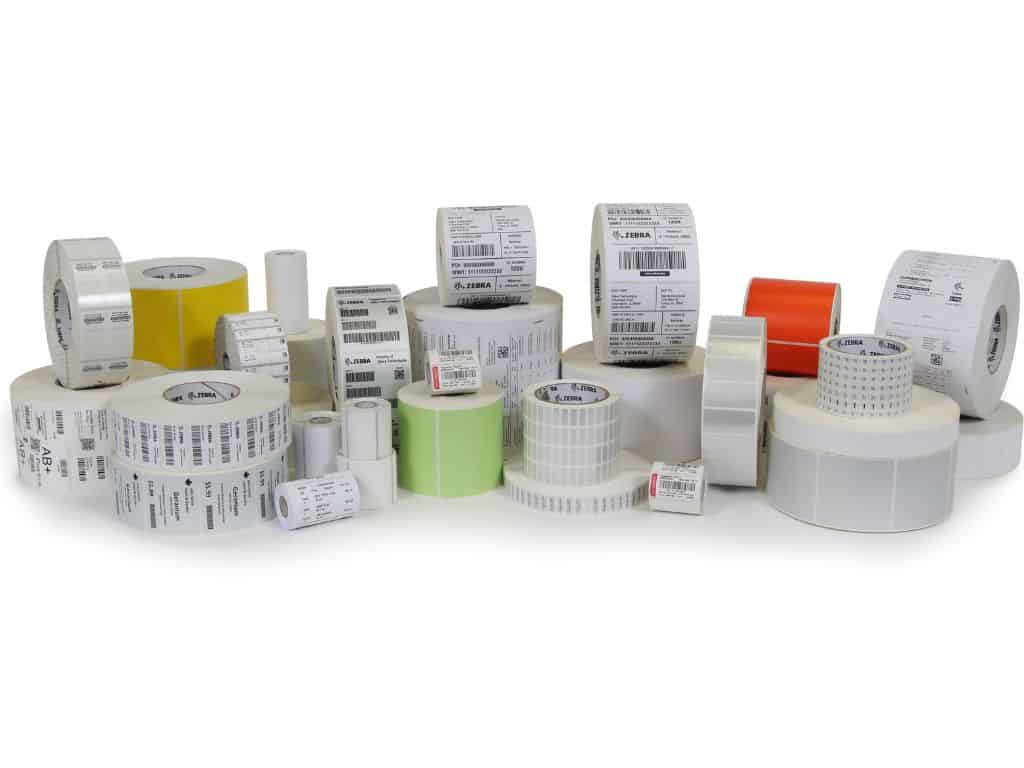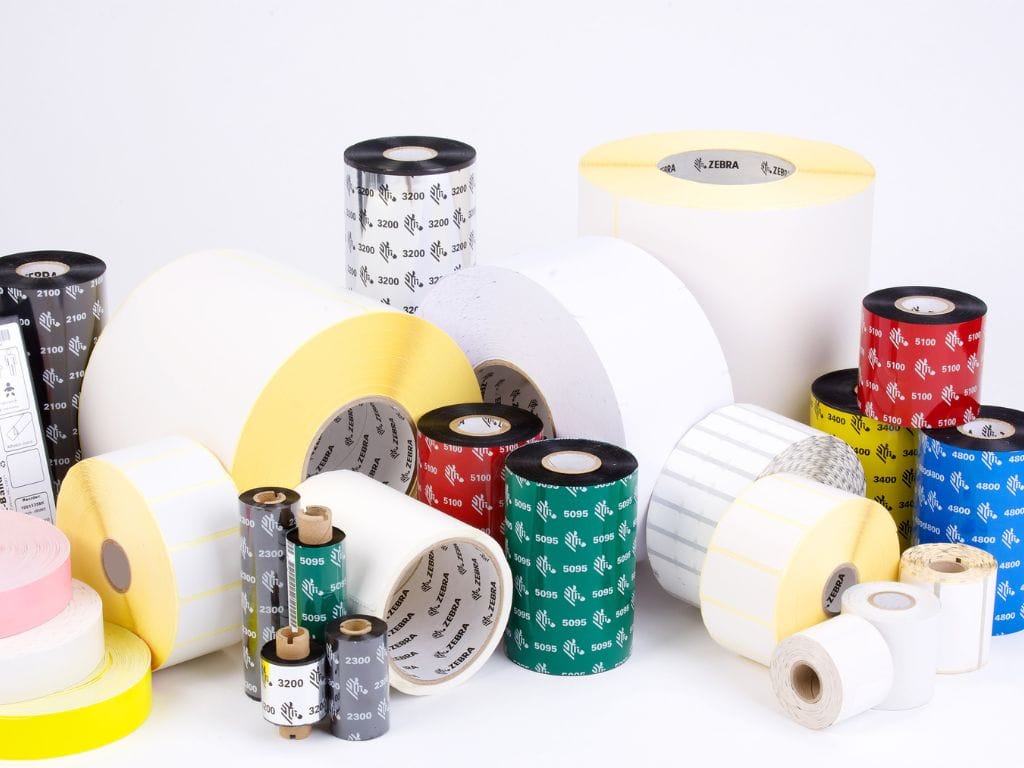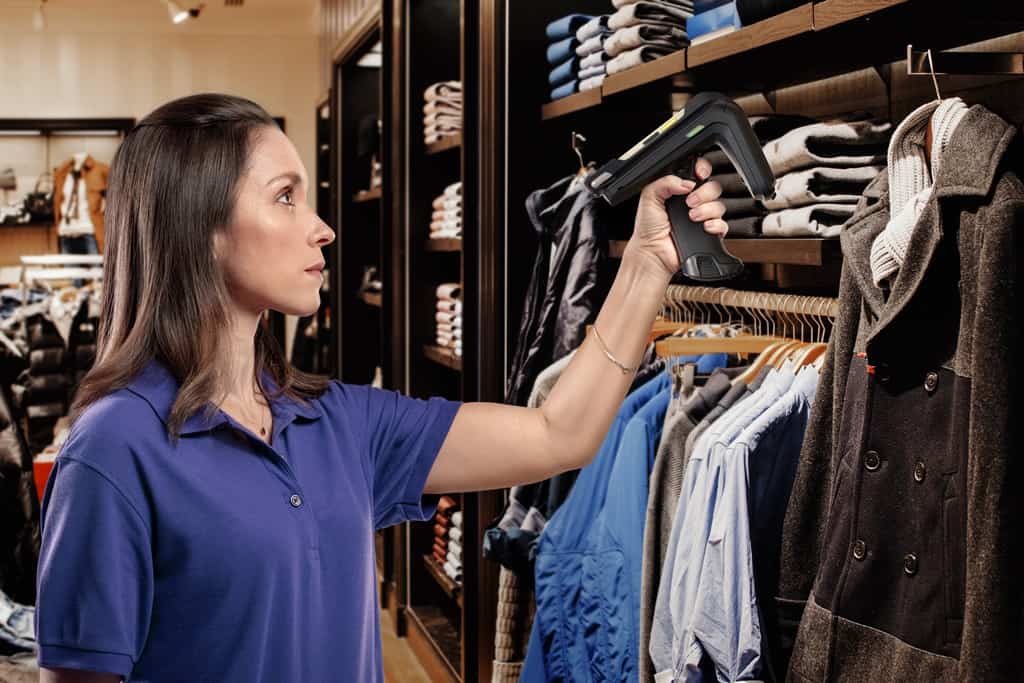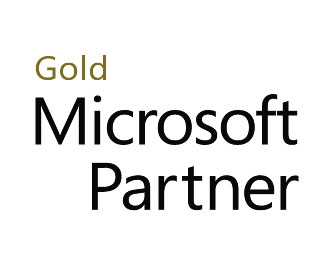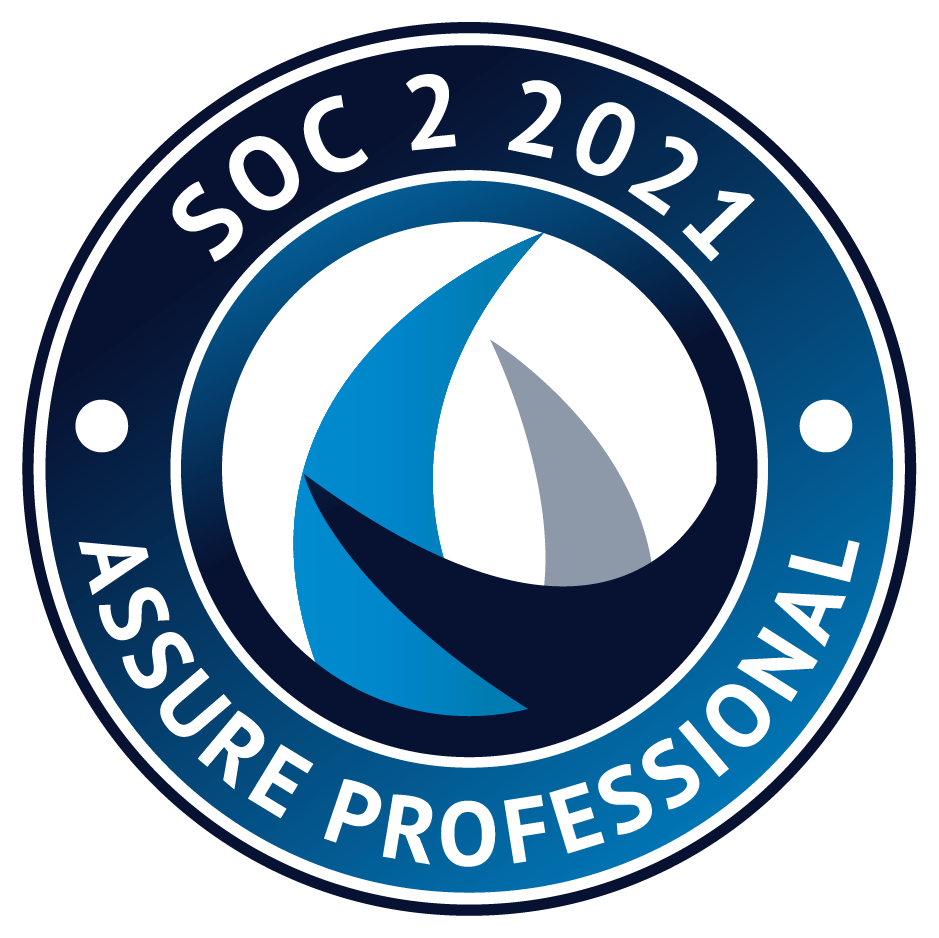Because of the increasing popularity of consumer-grade tablets, many organizations are looking for ways in which they can implement this type of technology in a business setting. Although consumer-grade tablets such as the iPad® are appealingly lightweight and sleek looking, many businesses, especially those in harsh environments like supply chain operations, need a rugged tablet, which is specifically designed for use in these kinds of challenging work settings.
When you are shopping for rugged tablets, here are three major considerations to account for:
1. Make sure that you communicate with a technology systems integrator.
Although the hardware component is a key decision making factor, you need to make sure the solution you choose will have the proper work flows. When hiring a systems integrator, you are using them as a trusted advisor for helping you think through the solution.
It is key for you to choose a systems integrator that is not only aware of the technology they are selling, but are also aware and experienced with implementing solutions in the industry your organization is in. If you are able to pick a systems integrator that has that level of experience, you will find it much easier for them to understand your business pain points, and come up with a proposed solution to solve those pain points.
2. Think through how the tablet will be used.
Will the rugged tablet be constantly used during a worker’s shift, or will it mostly be docked at a docking station? If the tablet will be on the floor throughout a shift of work, you will need to consider the tablet’s battery life.
If the battery will not last throughout the entire shift, you should look into options such as hot-swappable batteries or a spare tablet that is charged and ready to go, so the worker can quickly charge one tablet and grab a different tablet that is already charged. Many vendors offer great charging solutions that allow users to charge up to five tablets at one time.
3. Consider the lifecycle of the tablet. 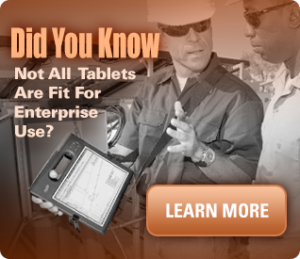
Consumer-grade tablets typically have a product life of one year. If your organization would like to take ample time rolling out the solution, you often need to take this into strong consideration.
When a consumer grade technology company changes their product design, there is always a possibility that the accessories of the tablet will no longer work.
On the contrary, consumer grade tablets typically have a life of three to five years, and accessories are able to be used on the next version of the tablet.
As a systems integrator, we see a lot of organizations leasing rugged-grade tablets in order to absorb the cost over time, as well as to be able to easily upgrade to the newer technology when it becomes available.
While these are the main three factors to consider when deploying a rugged tablet-based solution, there are countless other factors to examine. To learn more, please read our white paper which explores rugged tablet selection criteria.
